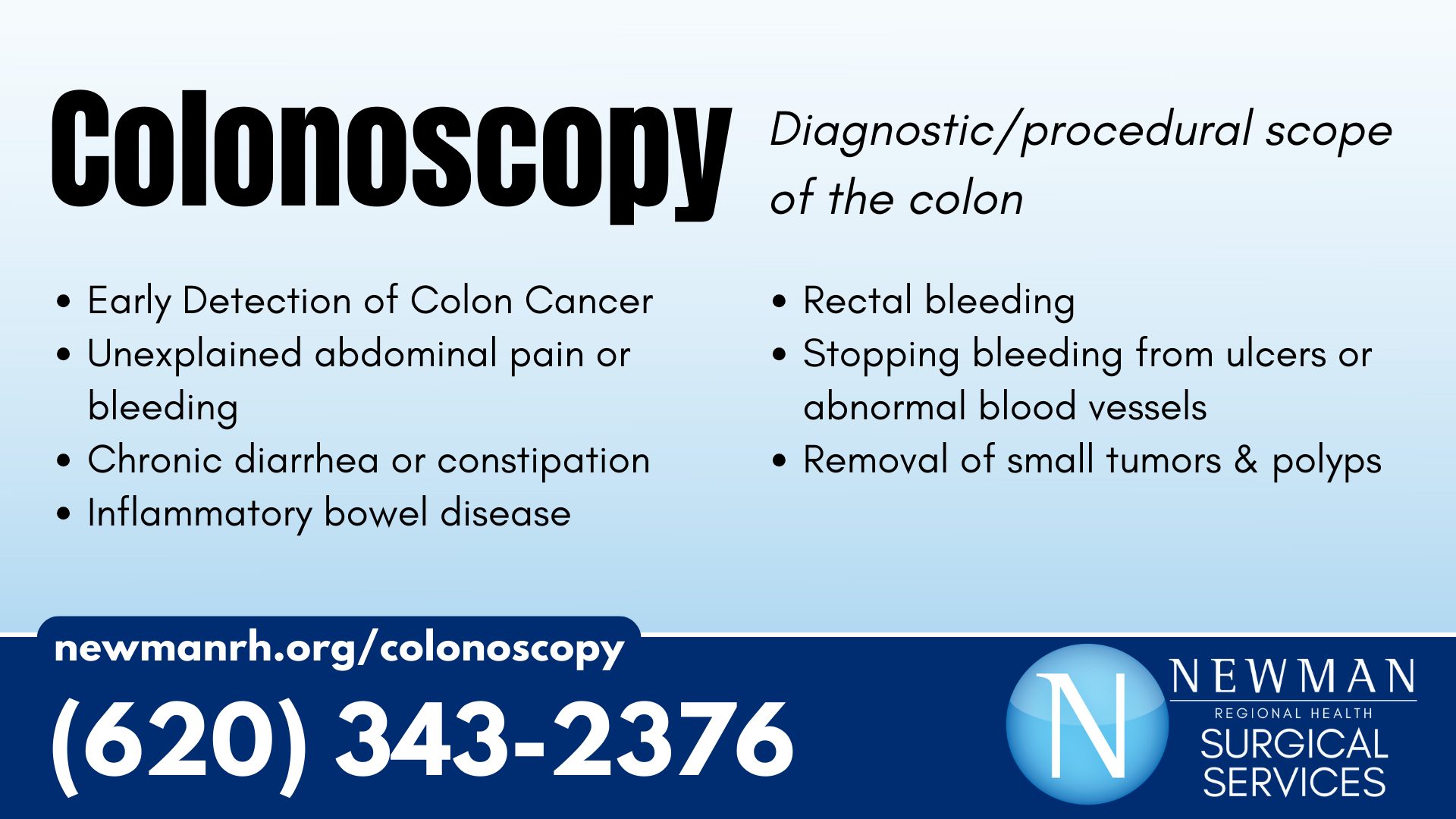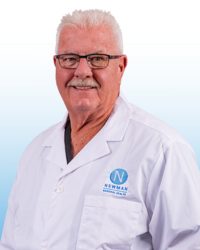Surgical Services: The Colonoscopy Process: A Step-by-Step Guide

While the thought of a colonoscopy might seem daunting, the procedure itself is generally well-tolerated and minimally invasive. Here’s a breakdown of what to expect:
- Preparation: The most crucial step involves thorough bowel cleansing. You’ll be prescribed a laxative solution to drink the day before the procedure, along with dietary restrictions to ensure a clean colon for optimal visualization.
- The Procedure: On the day of the colonoscopy, you’ll likely receive mild sedation through an intravenous (IV) line to promote relaxation. During the procedure, a thin, flexible tube with a light and camera attached (colonoscope) is gently inserted through the rectum and advanced into the colon. The surgeon can inflate the colon with air for a clearer view and navigate the scope to examine the entire lining. If polyps are found, they can be removed during the procedure using tiny instruments passed through the colonoscope. Biopsy samples can also be taken from suspicious areas for further analysis.
- Recovery: After the colonoscopy, you’ll be monitored for a brief period in a recovery area until the sedation wears off. You might experience some mild cramping or bloating, which is normal and usually subsides within a short time.
This short video will help you know what happens the day of your colonoscopy.
Our entire team strives to provide the best care possible while maintaining our hometown atmosphere.
Uses of Colonoscopy
Multitude of purposes in diagnosing and treating colorectal conditions.
Colorectal Cancer Screening: The primary use of colonoscopy is screening for colorectal cancer. It allows doctors to detect precancerous polyps (abnormal growths on the colon lining) and remove them before they have a chance to turn cancerous. Regular screenings are recommended for adults starting at age 45 (or earlier for those with a family history of the disease) to significantly reduce the risk of developing colorectal cancer.
Diagnosis of Digestive Issues: Colonoscopy can aid in diagnosing various digestive problems, including:
- Unexplained abdominal pain or bleeding
- Chronic diarrhea or constipation
- Inflammatory bowel disease (ulcerative colitis or Crohn’s disease)
- Rectal bleeding
Treatment During Colonoscopy: In many cases, polyps can be removed during the colonoscopy itself, preventing the potential development of cancer. Additionally, the colonoscope can be used to perform other procedures such as:
- Stopping bleeding from ulcers or abnormal blood vessels
- Removing small tumors
Benefits of Colonoscopy
Colonoscopy offers a multitude of benefits for maintaining good colon health and preventing colorectal cancer. Here are some key advantages:
Early Detection of Colon Cancer: Colonoscopies are highly effective in detecting colon cancer at its earliest stages, often when it’s still treatable with a high success rate. Early detection significantly improves the chances of a complete cure and reduces the need for more extensive surgeries or aggressive treatments.
Reduced Risk of Colon Cancer: By removing precancerous polyps during a colonoscopy, you can significantly decrease your risk of developing colorectal cancer later in life. This preventive measure can be lifesaving.
Improved Diagnosis of Digestive Issues: Colonoscopy provides a clear view of the inner colon lining, allowing doctors to diagnose various digestive problems accurately. This can lead to prompt treatment and an improved quality of life.
Peace of Mind: Knowing that your colon is healthy after a negative colonoscopy result can provide significant peace of mind, especially for those at higher risk of colorectal cancer.
Colonoscopy: In Summary
Colonoscopy is a valuable tool in the fight against colorectal cancer. While the preparation process might require some effort, the benefits of early detection and prevention far outweigh any temporary inconvenience. If you’re due for a colonoscopy screening, don’t hesitate to schedule an appointment with your doctor. Remember, this potentially lifesaving procedure can help you maintain good colon health and enjoy a longer, healthier life.
Newman Regional Health Medical Partners Surgical Specialist
Our team of surgeons and staff that perform colonoscopies are well trained professionals that are solely focused on your well being. We perform colonoscopies on all patients no matter who the patient’s primary care provider is. Many of our patients can qualify for a fast-track process that shortens the scheduling and approval period.
If your primary care provider recommends you to get a colonoscopy, you can set an appointment with one of our surgeons right here in Emporia.





